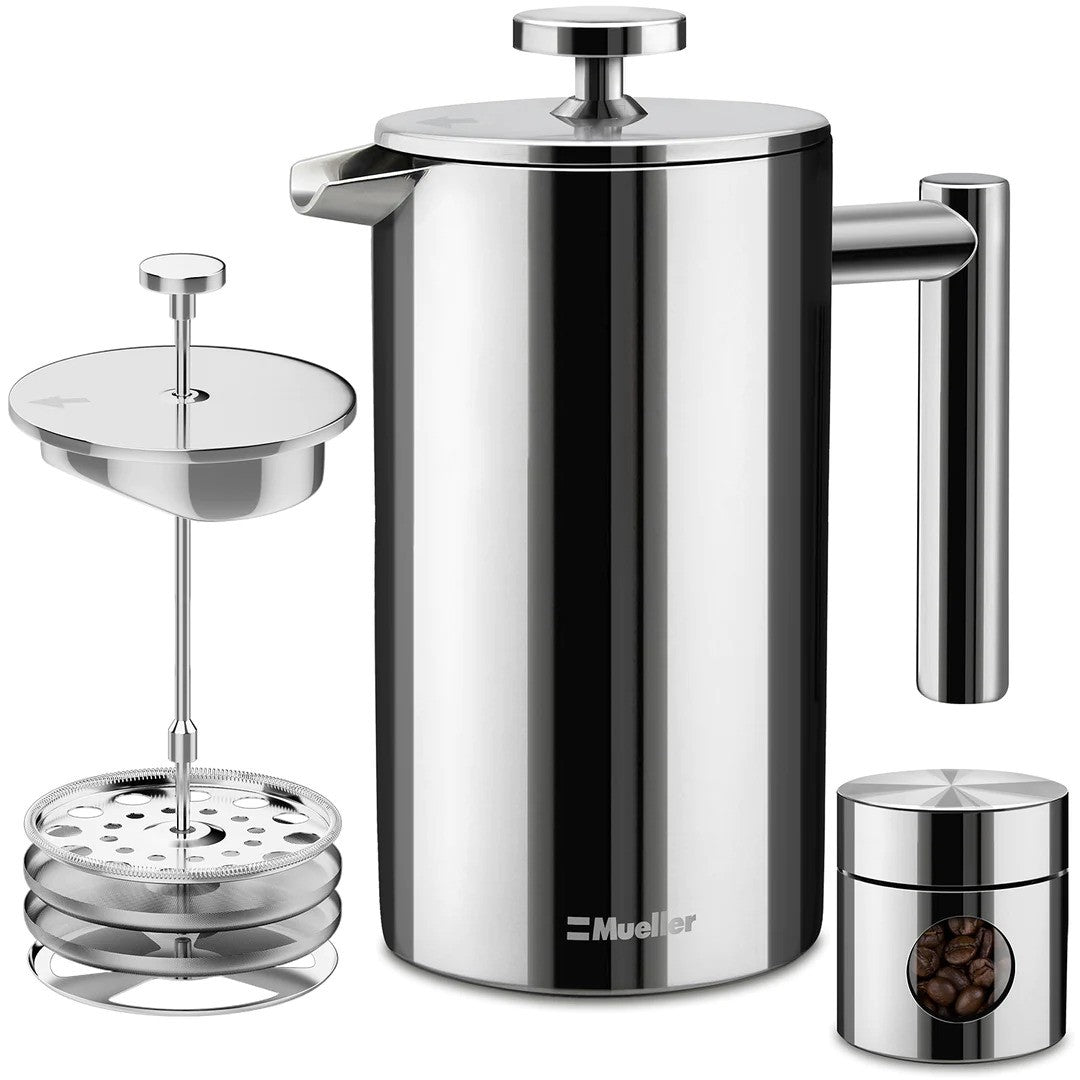Is Bitter Coffee a Medical Alert?

Every once in a while the coffee that we love tastes bad. It may be the coffee or maybe not. One possibility is what we call dirty mouth syndrome. Just brush your teeth, your coffee is going to taste bad. Didn’t brush your teeth and ate scampi last night, your first sip of coffee is going to taste bad. Sometimes you have to give the coffee a chance.
If it is not your mouth it could be processing or preparation. Some of the most common reasons that coffee tastes bad are:
- Bad Coffee Fruit
- Defects in the coffee processing
- Bad roasting
- Bad bagging
- Bad storage
- Moldy coffee brewer
- Grinder personality disorder
- Change in brewer water quality or temperature
Preparation defects are correctable. Processing defects are not – bad coffee is bad coffee.
Most people don’t realize that in addition to the above, there are a number of medical conditions where a symptom is a change in the patient’s perception of aroma and/or taste. If the taste or smell of your usual coffee changes it can be an early alert to a medical problem.
Nasal Passage Blockage\
The number one reason for changes in smell or taste is nasal passage blockage. It may be caused by allergies, secondhand smoke or other irritants, a persistent sinus infection, or polyps in the nose. If you can’t figure out why you coffee tastes bad, a discussion with your doctor may be in order.
Old Age
Getting old affects our ability to taste and smell.
“Not only do we lose our sense of smell, we lose our ability to discriminate between smells. It has been reported that more than 75% of people over the age of 80 years have evidence of major olfactory impairment, and that olfaction declines considerably after the seventh decade. A more recent study found that 62.5% of 80 to 97 year olds had an olfactory impairment.” Effects of ageing on smell and taste J M Boyce and G R Shone Postgrad Med J. 2006 Apr; 82(966): 239–241
Dental Conditions
Changes in taste or smell may indicate dental problems long before you become aware of them. Gum disease, cavities, abscess, poor oral hygiene can all have an effect on smell and taste.
Medical Conditions
There is a huge number of medical conditions that affect the senses of taste or smell. Bitter coffee may be the first symptom that you recognize with these conditions.
Neurological
- Alzheimer’s disease
- Bell’s palsy
- Damage to the chorda tympani
- Epilepsy
- Head trauma
- Korsakoff’s syndrome
- Multiple sclerosis
- Parkinson’s disease
- Tumors and lesions
Nutritional
- Cancer
- Chronic renal failure
- Liver disease
- Niacin deficiency
- Vitamin B12 deficiency
Endocrine
- Adrenal cortical insufficiency
- Congenital adrenal hyperplasia
- Panhypopituitarism
- Cushing’s syndrome
- Diabetes mellitus
- Hypothyroidism
- Kallman’s syndrome
- Pseudohypoparathyriodism
- Turner’s syndrome
Local
- Allergic rhinitis, atopy, and bronchial asthma
- Sinusitis and polyposis
- Xerostomic conditions including Sjogren’s syndrome
Viral infections
- Acute viral hepatitis
- Influenza?like infections
Medications and oral supplements
Some medicines may cause a bitter taste in the mouth when they are excreted into the saliva. Medications that may cause a bitter taste include:
- antibiotics
- cardiac drugs
- vitamins that contain minerals or metals, such as copper, iron, or zinc
- lithium drugs
Chemotherapy and radiation treatment may irritate the taste buds in some people, which may cause even simple things, such as plain toast or water, to have a bitter or unpleasant taste.
Hormonal changes. Hormonal changes in early pregnancy can impact the sense of taste and smell. Many report a metallic taste in the mouth, but it usually disappears as the pregnancy progresses. Hormonal changes linked to menopause may also cause dry mouth, which is often accompanied by a bitter taste.
Pine nut syndrome
In some people, eating pine nuts may cause a bitter or metallic taste in the mouth. This often happens 1 to 3 days after eating pine nuts. The syndrome also shows no other symptoms and goes away after a couple of weeks. As a result of pine nut syndrome, it is a known fact that squirrels make poor coffee cuppers.
Stress and anxiety
High stress and anxiety levels can stimulate the stress response in the body, which often alters a person’s sense of taste. Anxiety can cause dry mouth, which frequently results in a bitter taste.
Nerve damage
Like our other senses, taste buds are directly connected to the nerves of the brain. Damage to the nerves can cause a change in how a person experiences tastes.
So sometimes bad coffee is bad coffee. But other times bad coffee may be an alert to go talk to your doctor.


